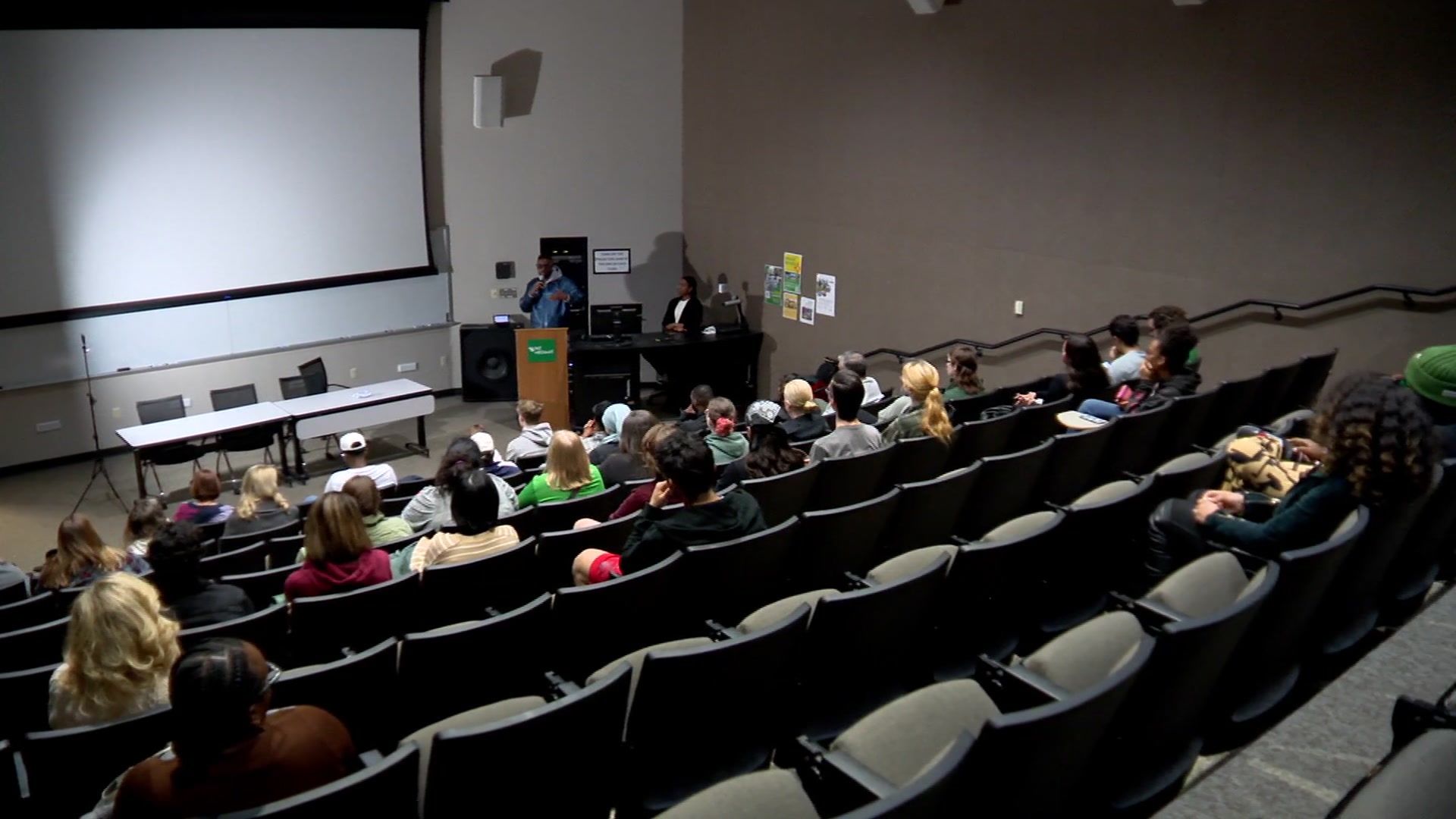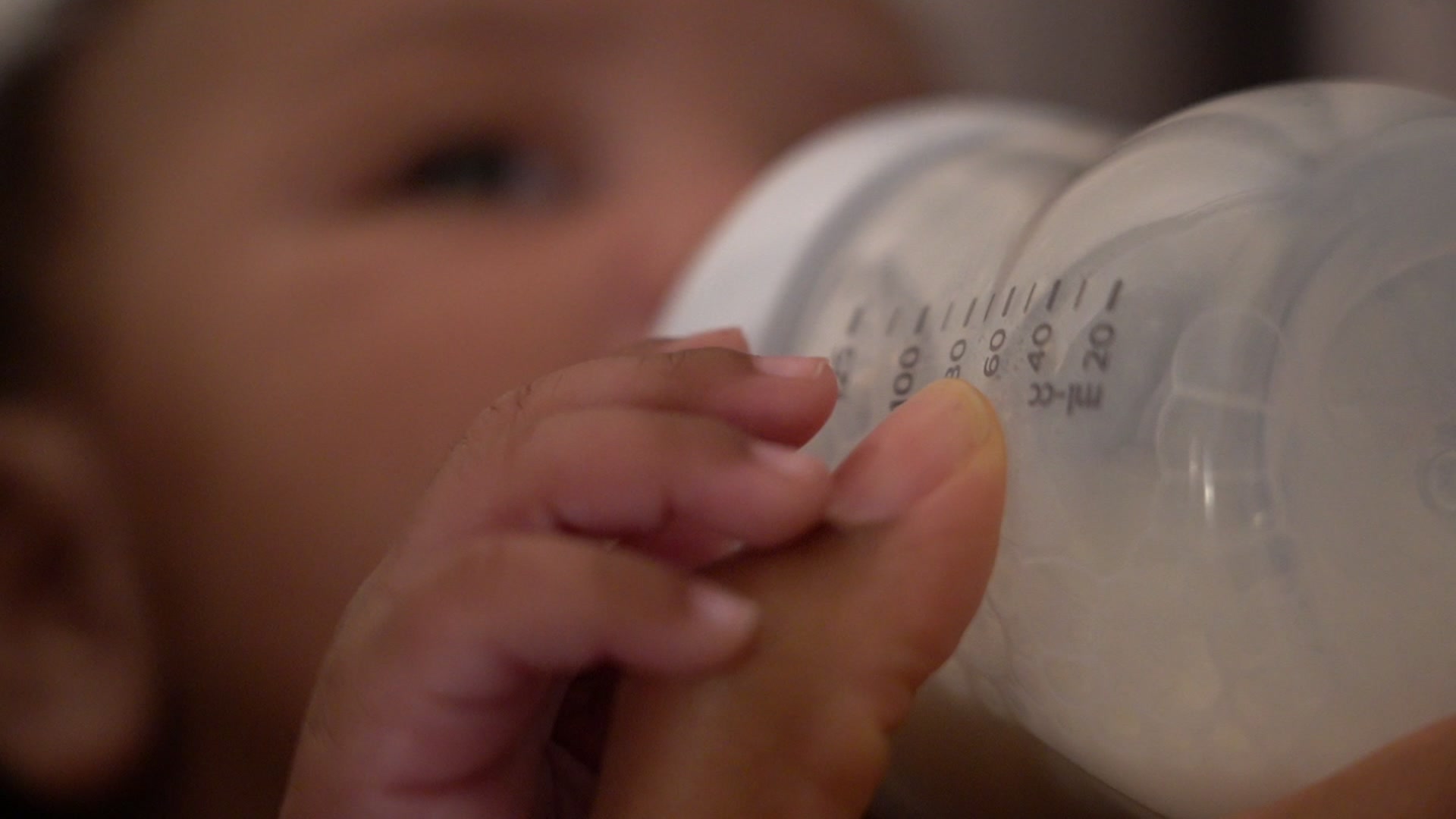Medical professionals are expressing concern after several cases of the foodborne illness cyclosporiasis have surfaced in North Texas.
As of 2 p.m. Thursday, Texas had more than 45 cases of cyclosporiasis so far this year, according to Department of State Health Services spokeswoman Christine Mann. Cases include 10 in Dallas County, 11 in Tarrant County, six in Denton County and 14 in Collin County -- a total of 41 in North Texas.
Across the state, there were 44 in 2012, 14 in 2011 and nine in 2010.
Humans can get the microscopic parasite Cyclospora cayetanensis by consuming contaminated water and fresh fruits and vegetables that are not properly cleaned. Symptoms include lingering diarrhea, fatigue and nausea.
Cyclospora infections mimic the symptoms of other, more common stomach ailments.
"We see these things all the time, because there's all kinds of viruses, and just plain old bacteria can cause diarrhea as well," said Dr. Blaine Bachim at Texas Health Southwest.
Tests to confirm a cyclospora infection do not detect the parasite 100 percent of the time, he said.
"What a lot of us have decided to do so far is just kind of basically treat this clinically, so if you have a lot of fatigue, a lot of the other symptoms, a lot of us will still test to go ahead and treat as well," Bachim said.
Doctors say that people who have symptoms for five or more days should see a doctor.
Treatment includes the use of sulfa antibiotics such as Bactrim. But there are not treatment options for people with sulfa allergies.
"It's a Catch-22 for sure," said Dr. Shawn Mitchell, medical director of Premier Urgent Care in Colleyville. "It's effective -- it's the only effective antibiotic that we know of right now for cyclosporiasis. The hitch with it is, many people are allergic to it."
If untreated, symptoms can linger for weeks.
Experts are trying to determine whether the North Texas cases confirmed this week are part of an outbreak that has reached parts of the Midwest. Dozens of cases have been reported in Iowa and Nebraska.
Dr. Christopher Perkins, Dallas County Department of Health and Human Services medical director, said agency officials are trying to find the source of the infection.
On Wednesday, epidemiologists are working to locate the source of the parasite and are interviewing those infected to find out where and what they ate.
"You can consider them public health detectives. When we are notified of a disease, then we have epidemiologists contact the people who are ill and they try to pinpoint those things by asking a number of different questions," said Dr. Sandra Parker, the medical director of Tarrant County Public Health.
Records show just a dozen people in Dallas County were diagnosed with a cyclospora infection in as many years. Tarrant County typically sees less than five cases per year.
Local
The latest news from around North Texas.
"The volume that we're seeing right now and the timing, that all of these cases are right together is something that's unusual for us," Parker said.
Local health agencies are turning over their cases files to the Centers for Disease Control and Prevention, which is monitoring this possible outbreak.
More: CDC information on cyclosporiasis
NBC 5's Jeff Smith, Ben Russell and Lindsay Wilcox contributed to this report.



